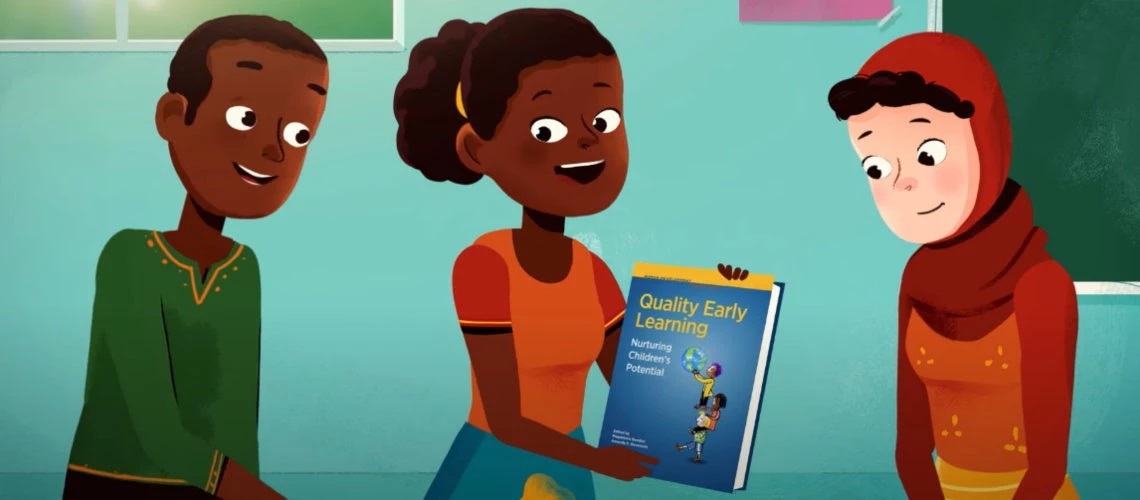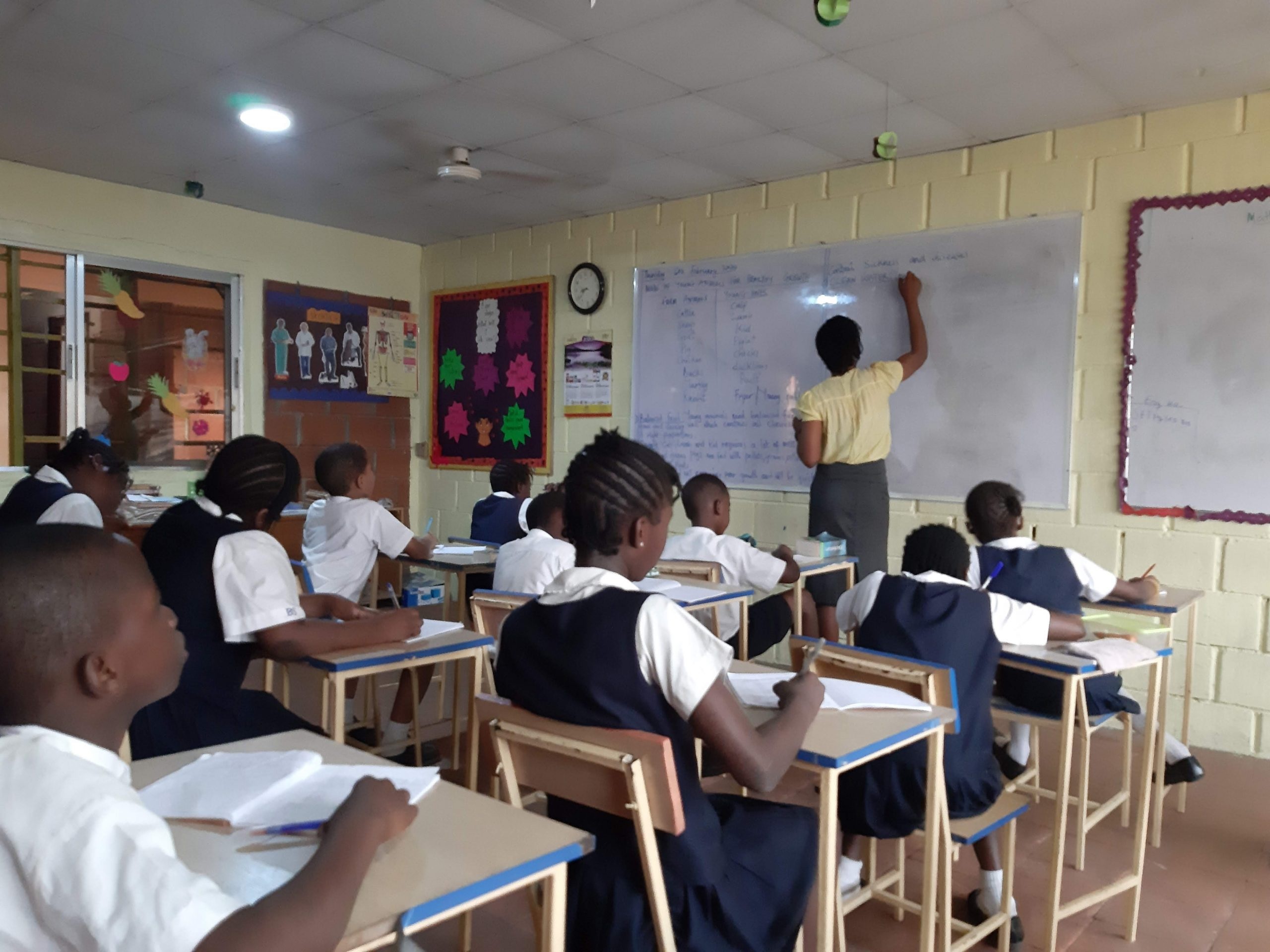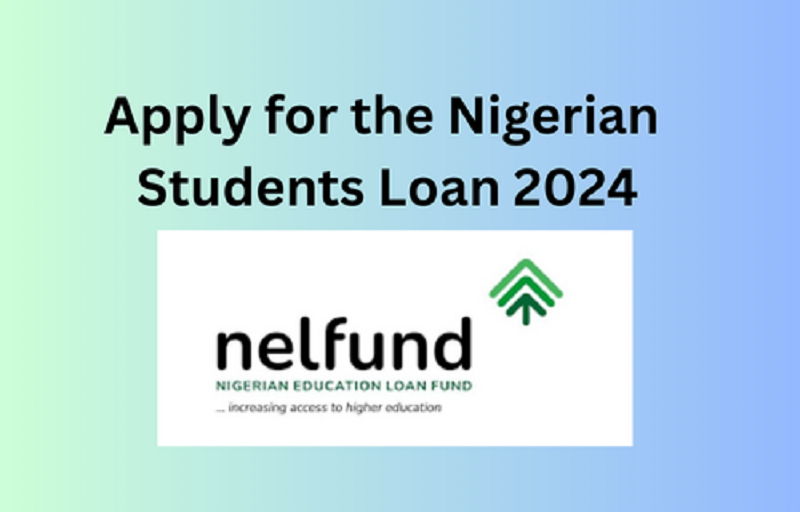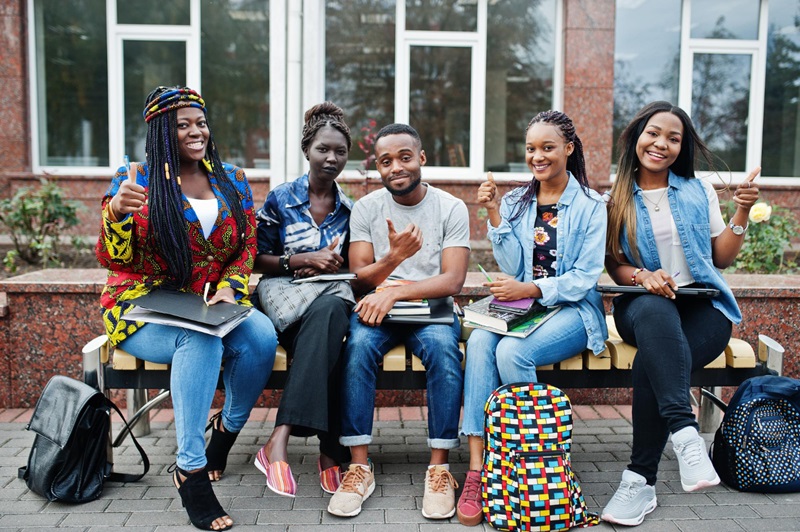Education
Study Reveals Scalable Path to Quality Early Learning to Every Child

A new study released by a non-profit firm, SmartStart, has revealed compelling evidence that early learning programmes run in homes and community venues could significantly boost children’s outcomes, even at scale.
The findings underscored the critical role that could be played by accessible, community-based early childhood education in breaking the cycle of educational inequality.
A team of independent researchers found that the proportion of children “on track” increased by a remarkable 20 points from 45% to 65%, while the proportion of those “falling far behind” nearly halved.
The study’s most striking revelation is the dramatic reduction in the achievement gap between children from low- and high-income households, falling from 25 points to just 6 points. This substantial narrowing represents more than a statistical triumph; it demonstrates a powerful mechanism for social mobility and educational equity.
“These findings show the transformative role that can be played by women living in low-income contexts when they are empowered to deliver early learning programmes in their homes and other community settings. The study therefore has profound implications for policymakers because it shows an affordable, scalable path to early learning for every child,” says Grace Matlhape, Chief Executive Officer of SmartStart. “Accessible, high-quality early learning programmes have the potential to break intergenerational cycles of educational disadvantage, offering children from all backgrounds a more level playing field for future academic and personal success.”
Commenting on the study, Chief Director for Foundations for Learning in the Department of Basic Education, Kulula Manona, observed that “this study shines a light on the incredible potential of our children when provided with the right developmental and learning opportunities. It also underscores the critical role of community-based early learning programmes, and the dedicated practitioners who deliver them, in bridging the early learning access gap”.
Researchers for the study, including Professor Sarah Chapman from University of Cape Town as the principal investigator, used South Africa’s Early Learning Outcomes Measure (ELOM) to track the progress of 551 children in SmartStart ELPs over an eight-month period. The results revealed that the SmartStart cohort outperformed the national Thrive by Five Index benchmark, a monitoring tool developed to track early childhood development progress in South Africa, providing robust evidence that well-designed, community-integrated early learning programmes can deliver scalable and measurable improvements in child development..
“The implications of this study demonstrate that effectiveness isn’t contingent on costly infrastructure and equipment, but on empowering practitioners with the right tools, skills and support. Simple, everyday practices, including nurturing care, lots of talk, and child-centered play, can transform outcomes for young children,” Chapman adds.
“The crucial thing about the SmartStart model is that it honours the inherent strengths of our communities. Our programmes run in homes and community venues, which means they offer an immediate and affordable solution to close the access and quality gaps for excluded children. This underscores the need for governments to establish enabling policy and funding frameworks that recognise and support these practitioners where they are,” says Matlhape.
Celebrating its tenth year of impact, the SmartStart network currently has over 13,000 ELPs serving over 125,000 children, every week. Its network model is deeply rooted in social capital and community empowerment, underpinned by the principle of meeting communities where they are and leveraging their existing assets.
“Today we salute the extraordinary ordinary women across our network who are using simple but transformative practices every day, to create a better future for young children. These women are powerful agents of change, beacons of hope for future generations,” Matlhape emphasises.
“We also salute the dedication of our implementing partners, and the unwavering support of communities who stand united for their children. Their collective efforts show the power of a collaborative implementation model to transcend socio-economic barriers and, ultimately, to bridge the equity gap in early learning.”
Education
Nigeria Secures $552m World Bank–Backed Boost for Basic Education

By Adedapo Adesanya
Nigeria has unlocked $552 million under the HOPE-EDU programme to fast-track reforms in the country’s basic education sector, in what has been described as the fastest activation of education financing of such scale in the nation’s history.
The HOPE-EDU initiative, HOPE for Quality Basic Education for All, is co-financed by the World Bank and the Global Partnership for Education. It is structured as a results-driven intervention targeting improved learning outcomes, equitable access to education and stronger institutional capacity at the state level.
The funding, secured through the Federal Ministry of Education, is aimed at strengthening foundational learning, expanding access to quality basic education and reinforcing accountability systems across participating states.
The Minister of Education, Mr Tunji Alausa, said the milestone reflects the administration’s determination to reposition education as a pillar of national development under President Bola Tinubu.
This was disclosed in a statement by the Ministry’s Director of Press and Public Relations, Mrs Folasade Boriowo, on Tuesday.
“The unlocking of the $552 million HOPE-EDU funding in just 12 months represents the fastest activation of education financing of this scale in our history. It reflects clarity of vision, strong intergovernmental coordination, and our unwavering commitment to delivering measurable results for Nigerian children,” the Minister stated.
“Under the leadership of President Tinubu, we are demonstrating that reform can be decisive, accountable, and impactful. These resources will directly strengthen foundational learning, expand access, and reinforce system-wide accountability across participating states,” the statement added.
HOPE-EDU aligns with the Nigeria Education Sector Renewal Initiative (NESRI), a broader reform framework focused on transparency, measurable performance and sector-wide transformation.
The programme also complements other pillars of the reform agenda, including HOPE-Governance and HOPE-Primary Health Care, which seek to address systemic challenges in public financial management, service delivery and policy coordination in key social sectors.
The development comes amid increased budgetary commitment to education. Since 2022, federal allocation to the sector has risen by over 302 per cent, according to the ministry.
In the 2026 fiscal year, the government earmarked N3.520 trillion for education, the highest allocation to date, alongside increased sub-national funding to support state-level priorities and targeted interventions.
The ministry said the latest funding injection is expected to translate into tangible gains in foundational literacy and numeracy, teacher effectiveness, equitable school access and strengthened accountability mechanisms.
Education
NELFUND Extends Student Loan Application Deadline Amid Surge in Interest

By Adedapo Adesanya
The Nigerian Education Loan Fund (NELFUND) has announced an extension to the deadline for its student loan application portal following a notable rise in nationwide interest driven by ongoing awareness campaigns.
In a Monday statement signed by Mrs Oseyemi Oluwatuyi, the fund’s Director of Strategic Communications, the extension was necessitated after a public notice issued last week announcing the closure of the application portal on February 27, 2026.
Mrs Oluwatuyi expressed that the extension was approved due to strong responses from students and key stakeholders across the country, alongside a surge in applications and enquiries.
She stated that the extension window will allow additional time for eligible students to complete their submissions, stressing that further decisions regarding the timeline will be communicated by management in due course.
She wrote, “According to NELFUND, the extension is intended to support several categories of applicants, including students who require more time to complete their applications, prospective applicants who only recently learned about the scheme through nationwide sensitisation programmes, and institutions that have just begun the 2025/2026 academic session.
“It will also accommodate institutions that are yet to submit their verified student lists.”
The chief executive of NELFUND, Akintunde Sawyerr, reaffirmed the fund’s commitment to ensuring equitable access to higher education financing, explaining that the sensitisation activities carried out across Nigeria’s six geopolitical zones have significantly increased awareness and participation in the programme.
“In line with the fund’s mandate to expand access to tertiary education funding, the extension was approved to ensure all eligible students are given a fair opportunity to apply.
“NELFUND also advised institutions that have not yet commenced the 2025/2026 academic session to submit a formal request for an extension along with their approved academic calendar for review,” he stated.
“Students are encouraged to make use of the extended period to complete their applications through the official NELFUND portal before the application window eventually closes.
“The fund reaffirmed its commitment to transparency, accountability, and the delivery of sustainable student financing initiatives aimed at removing financial barriers to higher education in Nigeria,” he added.
NELFUND charges students and members of the public to contact NELFUND via email at in**@******ov.ng or visit its official social media platforms for further enquiries.
Education
Prodigy Finance Offers African Students $2,500 Scholarship

By Modupe Gbadeyanka
Up to $2,500 in scholarship support has been provided by Prodigy Finance for 10 African students, alongside application fee reimbursement for 100 applicants applying through NovaGrad, the education access platform of Prodigy Finance.
This scholarship includes two forms of support, from applying to enrolment, both accessed through NovaGrad.
First, tuition and living expense support of up to $2,500 per student for 10 students, where financial support clearly bridges the gap between receiving an offer and being able to enrol.
Awards are limited, and competitive students who demonstrate strong merit and genuine financial need, have a realistic shortlist of universities, and can submit a complete application through NovaGrad within the stated deadlines will be given priority. Shortlisted applicants may be asked to provide additional documentation to confirm eligibility and reimbursement details before support is issued.
Second, application fee support, providing application fee reimbursement up to $200 per student for students who submit their university applications through NovaGrad.
A total of 100 students will be selected for this opportunity. This support is issued as a reimbursement once the application submission is verified and accepted via the platform.
Applications submitted outside NovaGrad do not qualify. Students register or log in on NovaGrad, enter a valid waiver code if applicable, submit their university application via NovaGrad, and once verified, the reimbursement is processed.
Prodigy Finance has supported postgraduate students heading to some of the world’s leading universities for years. Its scholarship programmes are focused on where funding and guidance can make the biggest difference, and that focus shifts year to year, from India and Latin America to Africa, as well as established global markets.
“African students have consistently demonstrated exceptional ambition and academic strength. Over the years, we have seen students from across the continent succeed at some of the world’s top institutions.
“This scholarship gives them a focused opportunity, and NovaGrad helps bring clarity to every step around it,” the Global Chief Business Officer at Prodigy Finance, Sonal Kapoor, said.
Also commenting, the spokesperson for NovaGrad, Ms Mariana Alcocer, said, “African students are among the most talented we see, yet many still lack the exposure or networks that help others access global education. This programme is about recognising that talent and creating a pathway forward.”
-

 Feature/OPED6 years ago
Feature/OPED6 years agoDavos was Different this year
-
Travel/Tourism10 years ago
Lagos Seals Western Lodge Hotel In Ikorodu
-

 Showbiz3 years ago
Showbiz3 years agoEstranged Lover Releases Videos of Empress Njamah Bathing
-

 Banking8 years ago
Banking8 years agoSort Codes of GTBank Branches in Nigeria
-

 Economy3 years ago
Economy3 years agoSubsidy Removal: CNG at N130 Per Litre Cheaper Than Petrol—IPMAN
-

 Banking3 years ago
Banking3 years agoSort Codes of UBA Branches in Nigeria
-

 Banking3 years ago
Banking3 years agoFirst Bank Announces Planned Downtime
-

 Sports3 years ago
Sports3 years agoHighest Paid Nigerian Footballer – How Much Do Nigerian Footballers Earn











